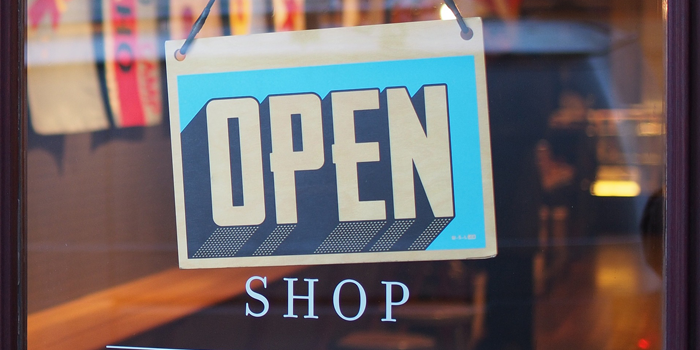How to Startup, Popup, and Get a Leg Up in Retail
Despite the closings and bankruptcies of long-established stores and corporations over the past few years, Denver continues to attract national and international retailers. Big names like IKEA, Uniqlo, H&M, Whole Foods, Trader Joe’s, and Alamo Drafthouse Cinema have moved in, creating an even tighter real estate market for new or expanding businesses hoping to enter the city’s thriving retail market.
While you may not be looking for a huge warehouse to set up your small retail store, you would certainly benefit from being a part of the larger scene. If you are not already an established brand, then a startup business may be a great option for you. If you want to expand, then a popup shop may be a great alternative to a traditional storefront. Just as online consumerism has changed the landscape of commerce, startups and popups are transforming traditional retail.
Small Business Attorney E.C. Lewis, P.C. can help with every aspect of starting or expanding your retail store, from contract review and creation to daily business operations. This post will explore these types of stores and what they can do for your retail store.
What Constitutes a Startup?
One definition of a startup company is a fast-growing small business that aims to meet a marketplace need by developing a viable business model around an innovative product, service, process, or platform. Startups typically enter the market quickly by finding new or less costly ways of operating, e.g. food trucks, booth rentals, and popup shops. This model creates experiences that draw customers to a social scene, which is very appealing to Denver’s growing millennial population.
While e-commerce continues to push retail to evolve, there is a trend in today’s retail concept, going from online only to actual establishments. This movement from click to brick can be seen with Fabletics, Omaha Steaks, and Amazon whose newest offering is grocery delivery. With an increasingly innovative retail atmosphere, Denver’s hottest districts – Larimer Square, Union Station, Dairy Block, Denver Central Market, and more – are responding with more unique and versatile spaces.
No longer exclusively associated with techie communal space working, tennis table playing employees, startup businesses have many determinants. Years in business, annual revenue, and number of employees are just some of the ways people measure whether a small business is a startup or not. So, what if you have successfully started a startup and want to expand? A Forbes article points out that the key attribute of a startup is its ability to grow and scale very quickly. And, one way to do this is by opening a popup location.
What are the Benefits of a Popup Shop?
Popup shops are a great way for a fledgling or expanding business to enter the market. These types of stores require less capital investment to introduce or test a new product or service, and they provide instant customer feedback. A Shopify article describes a popup shop as a short-term retail event that creates a frenzy with its “get it before it’s gone” message. The temporary nature of this type of store enables you to plan around an occasion or a holiday that may suit what you are selling perfectly. You can also go to your customers by choosing the district, kiosk, or gallery space where your product or service matches the personality of the neighborhood.
After you have vacated the popup location, the idea is that customers will remember your product or service and follow you. This is a fantastic segue to having an omnichannel presence – you entice your prospective customers with an in-store experience, then lead them to your other location(s), website, and social media accounts where they can find you and become loyal customers.
Like setting up an actual, more permanent retail store, you must consider many factors when planning for your popup location. Rent, utilities, insurance, Internet, point of sale (POS), furniture, repairs, inventory, displays, marketing, duration are some of these considerations. A small business attorney can help you with choosing the right location and entity, reviewing and drafting contracts, keeping compliant with taxes and licensing, and expanding your retail store.
If you need help with your retail store, contact me, Elizabeth Lewis, at the Law Office of E.C. Lewis, P.C., home of your Denver Small Business Attorney. Phone: 720-258-6647. Email: elizabeth.lewis@eclewis.com
Contact Us Today
Law Office of E.C. Lewis, P.C.
Your Denver Business Attorney
LICENSED IN COLORADO AND NORTH CAROLINA
Mailing Address:
501 S. Cherry Street, Suite 1100
Denver, CO 80246
720-258-6647
Elizabeth.Lewis@eclewis.com
Online at:
Real Estate Services for Business Owners
Elizabeth Lewis provides the following real estate law services to small and medium sized business owners in Denver and throughout Colorado:
- Commercial real estate purchases
- Legal review of commercial real estate leases
- Protecting your assets


